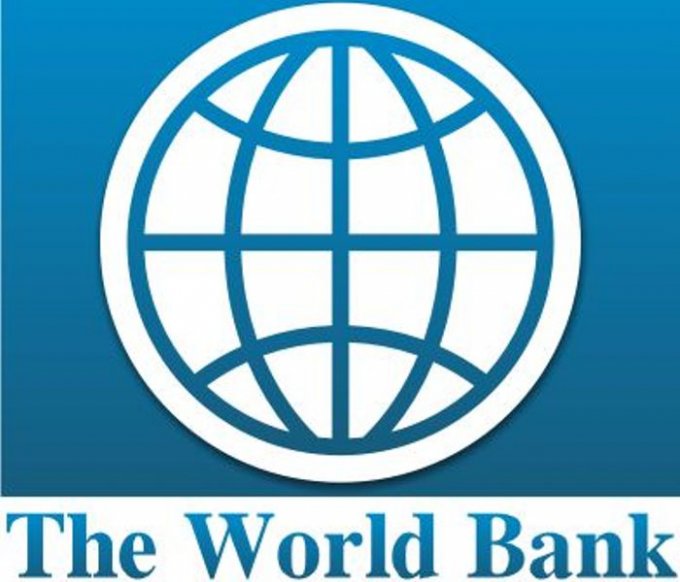Washington – The World Bank is forecasting strong gains for industrial commodities such as energy and metals in 2017, due to tightening supply and strengthening demand.
In its January 2017 Commodity Markets Outlook, the World Bank is holding steady its crude oil price forecast for the year at $55 per barrel, a 29 percent jump from 2016.
The energy price forecast assumes members of the Organization of the Petroleum Exporting Countries (OPEC) and other oil producers will partially comply with an agreement to limit production after a long period of unrestrained output.
The Bank is raising its metals price forecast to an increase of 11 percent from the 4 percent rise anticipated in its October outlook on further tightening of supply and strong demand from China and advanced economies.
“Prices for most commodities appear to have bottomed out last year and are on track to climb in 2017,” said John Baffes, Senior Economist and lead author of the Commodity Markets Outlook. “However, changes in policies could alter this path.”
Agriculture prices as a whole are expected to rise by less than 1 percent in 2017. Small increases are anticipated for oils and oilseeds and raw materials, but grains prices are forecast to drop almost 3 percent on an improved supply outlook.
Precious metals prices are seen declining 7 percent as benchmark interest rates rise and safe-haven buying slows.
A Special Focus shows how commodity-exporting emerging and developing economies have been hit hard by slowing investment growth, which has declined from 7.1 percent in 2010 to 1.6 percent in 2015.
“Investment weakness – both public and private – hinders a range of activity in commodity-exporting emerging market and developing economies,” said Ayhan Kose, Director of the World Bank’s Development Prospects Group.
“Most of these economies have limited policy space to counteract the slowdown in investment growth, so they need to employ measures to enhance the business environment, promote economic diversification, and improve governance to better growth prospects over the longer term,” Kose said.
